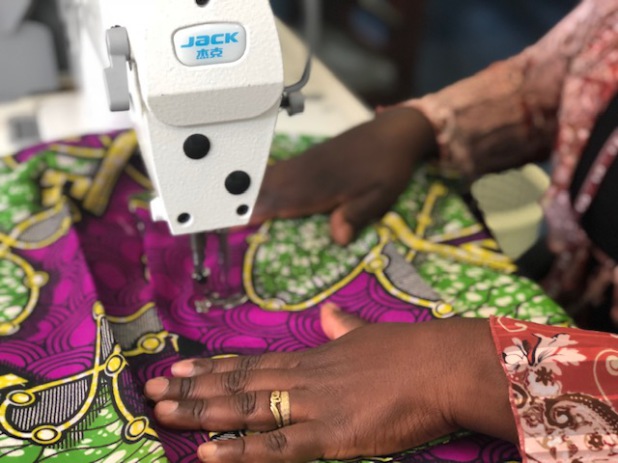The Life of a Widow is Hard!
The Widow's Might Program seeks to instruct, encourage, and empower these women shown below by providing food assistance each month, five goats in the first year (to help them start their own self sustaining herd), skills training, and Bible instruction. The cost of this program is $65 per month, and the length of the program for each sponsored widow is 24 months.
We are thrilled that nearly 70 widows have already completed this 24 month program, and about 90 widows are currently in the program. Others have been interviewed and qualified for this program, but still wait for sponsors.
Click on the video below to hear Pastor Jeff's testimony of how sponsoring a widow has blessed him and his family. Then scroll down to learn about widows currently waiting be part of this life-changing opportunity. You may sign up on this page to sponsor any one of them.
Sponsor a Widow
$65/month for 24 months
We continually interview and approve more widows. They are prayerfully asking for your consideration in giving them a new life filled with hope. If you have any questions, please don't hesitate to email or to call us. Your sponsorship is life-changing! The needs are endless!



